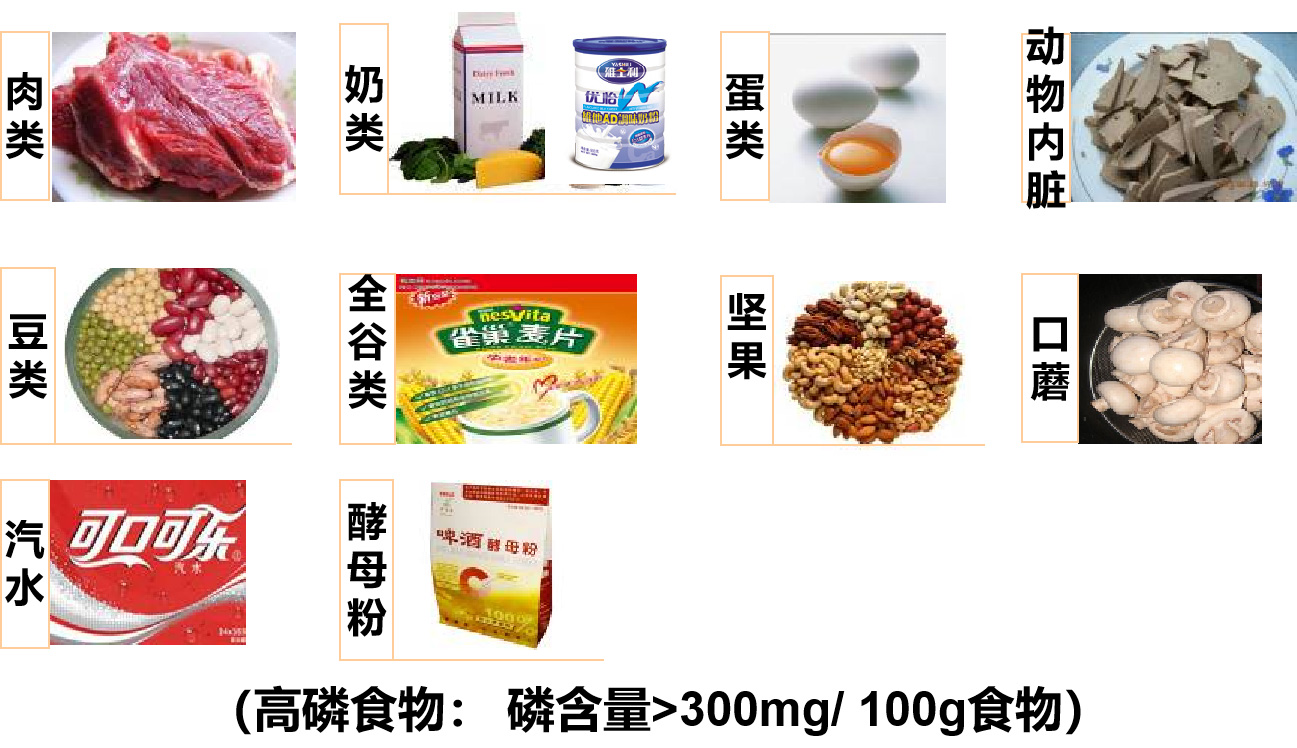

Hemodialysis is a form of kidney replacement therapy that helps patients with impaired kidney function remove toxins and excess water from the body. However, hemodialysis cannot completely replace all functions of the kidney, especially in the absorption and metabolism of nutrients. Therefore, hemodialysis patients need to pay special attention to their diet in their daily life to ensure that they get enough nutrients and energy, while avoiding excessive intake of waste and toxins.
Balanced diet: Hemodialysis patients should maintain a balanced diet that includes appropriate amounts of carbohydrates, proteins, fats, vitamins and minerals.
Control of water and salt intake: Due to impaired kidney function, patients need to strictly control water and salt intake to avoid edema and high blood pressure.
Limit potassium and phosphorus intake: Foods high in potassium and phosphorus may burden the kidneys, so patients need to limit their intake of these foods.
Carbohydrates: Choose low-sugar, high-fiber carbohydrates, such as whole wheat bread, oats, brown rice, etc. These foods help provide energy while keeping blood sugar stable.
Protein: Eat a moderate amount of high-quality protein, such as lean meat, fish, eggs, dairy products, etc. High-quality protein helps maintain muscle and immune function.
Fat: Choose healthy sources of fat, such as olive oil, fish oil, nuts, etc. These fats are good for cardiovascular health.
Vitamins and minerals: Eat plenty of fresh vegetables and fruits to get rich vitamins and minerals. In addition, a moderate intake of calcium, iron, zinc and other minerals is also necessary.
High potassium foods: bananas, oranges, potatoes, mushrooms, etc. These foods are high in potassium, which may increase the burden on the kidneys.
High phosphorus foods: such as animal offal, nuts, dairy products, etc. The higher phosphorus content in these foods may lead to the disturbance of phosphorus metabolism.

High salt food: such as pickled food, processed meat, fast food, etc. The higher salt content in these foods can lead to edema and high blood pressure.
High sugar food: such as candy, sweet drinks, cakes, etc. The higher sugar content in these foods can lead to blood sugar fluctuations and obesity.
Regular quantification: hemodialysis patients should maintain regular and quantitative eating habits to avoid overeating or excessive hunger. It is recommended to divide into three meals a day, and each meal is controlled within a certain calorie range.
Eat a varied diet: Keeping your diet varied will help you get a variety of nutrients. Patients can try different food combinations and cooking methods to increase appetite and nutrient intake.
Consult a dietitian: In order to develop a personalized diet plan, hemodialysis patients can consult a professional dietitian. The dietitian will provide appropriate dietary advice based on the patient's specific situation (such as age, gender, weight, frequency of dialysis, etc.).
Follow doctor's advice: When developing a diet plan, patients should follow their doctor's advice. Doctors will adjust the diet based on factors such as kidney function, nutritional status and complications.
Dietary changes should be communicated to a doctor: Patients should consult a doctor or dietitian before making any changes to their diet to ensure that the dietary changes are appropriate for their individual condition and nutritional needs.
Pay attention to food safety: hemodialysis patients should choose fresh, hygienic food and avoid eating expired or spoiled food. In addition, excessive oil and salt should be avoided during cooking to ensure the health and safety of food.
Monitor nutritional status: Patients should regularly monitor their nutritional status, including weight, blood sugar, blood lipids and other indicators. If you find abnormalities, you should seek medical attention and adjust your diet.
Coordinate with dialysis time: Patients should consider dialysis time when making a diet plan. Excessive food intake should be avoided before and after dialysis, so as not to affect the dialysis effect and comfort.
The diet management of hemodialysis patients is a complex and important task, and by following the above dietary principles and recommendations, patients can better control their diet and maintain nutritional balance and health status.